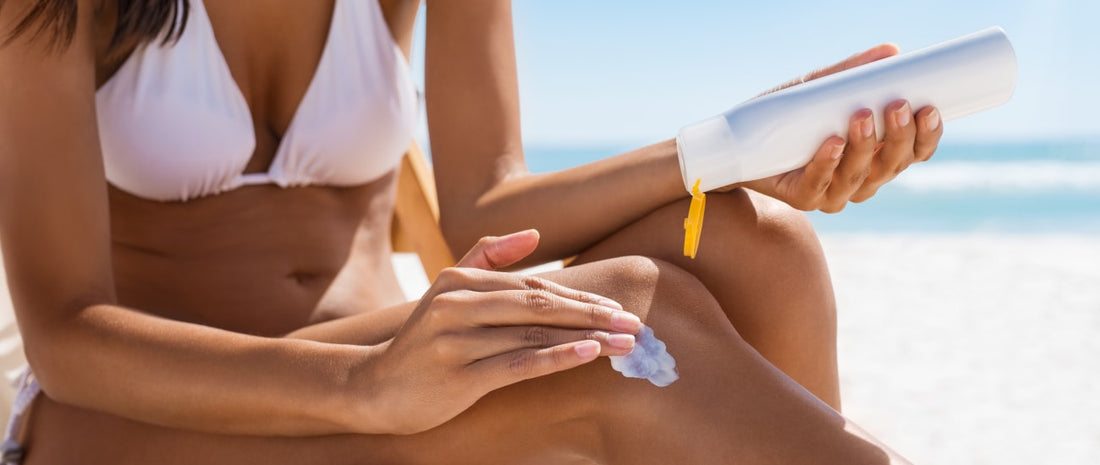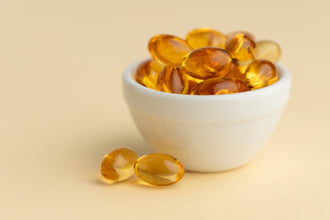
Top 5 Sunscreen Myths - Debunked
It's scary that 90% of visible skin aging is associated with the Sun. All of those fine lines and wrinkles, uneven skin tones, and sagging skin are all direct effects of ultraviolet (UV) rays. Believe it or not, most people are entirely unaware of this fact. What's more - the majority of damage occurs when you are young and then manifests once you're older once the body cannot cover up the cost any longer.
There is good news, though. In a clinical study, researchers found that subjects who applied a daily broad-spectrum sunscreen (SPF 15 or higher) and were diligent about its reapplication - reduced their skin aging signs by 24%.
Now that we’ve established how important sunscreen is let’s run over a few quick misconceptions.
# 1: Any sunscreen will do!
No, not all sunscreens are created equal. Ask whether your sunscreen covers both UVB and UVA radiation!
UVB rays are responsible for sunburns and skin cancer. But, UVA rays are responsible for aging.
Make sure you’re protected against both UVA and UVB rays with “broad spectrum” sunscreens. We recommend a minimum SPF of 30+.
# 2: The SPF in a foundation is enough!
You’d have to apply a ton of foundation to prevent Sun damage. Literally enough to look like Queen Elizabeth.
Many experts recommend applying sunscreen as the last step in your skincare routine and before applying makeup to keep your face adequately protected.
Reapply throughout the day as needed for continued protection.
# 3: Staying indoors means you’re protected.
While UVB rays are typically stopped by window glass, UVA rays can actually penetrate through.
If you spend a lot of time behind glass or in an office with windows, chances are your protection is incomplete. Sunscreen is a daily, all-season activity.

# 4: Darker skin colors don’t need sunscreen.
Those with darker complexions have a naturally higher SPF protection in their skin. But they’re still at risk for skin cancer and aging. This makes sunscreen application an absolute necessity.
Find a product that works on darker skins without changing the color (e.g., clear gels) and put this old, debunked myth to bed.
# 5: Higher SPF equals more time outdoors. FDA recommends reapplying sunscreen every two hours for optimal protection no matter how high the SPF is or how short you are outside
These myths need to be dispelled and as more information has become available linking the Sun to premature aging and other skin damage. Thank you for taking the time to read through this post and we look forward to providing additional information in the future.















